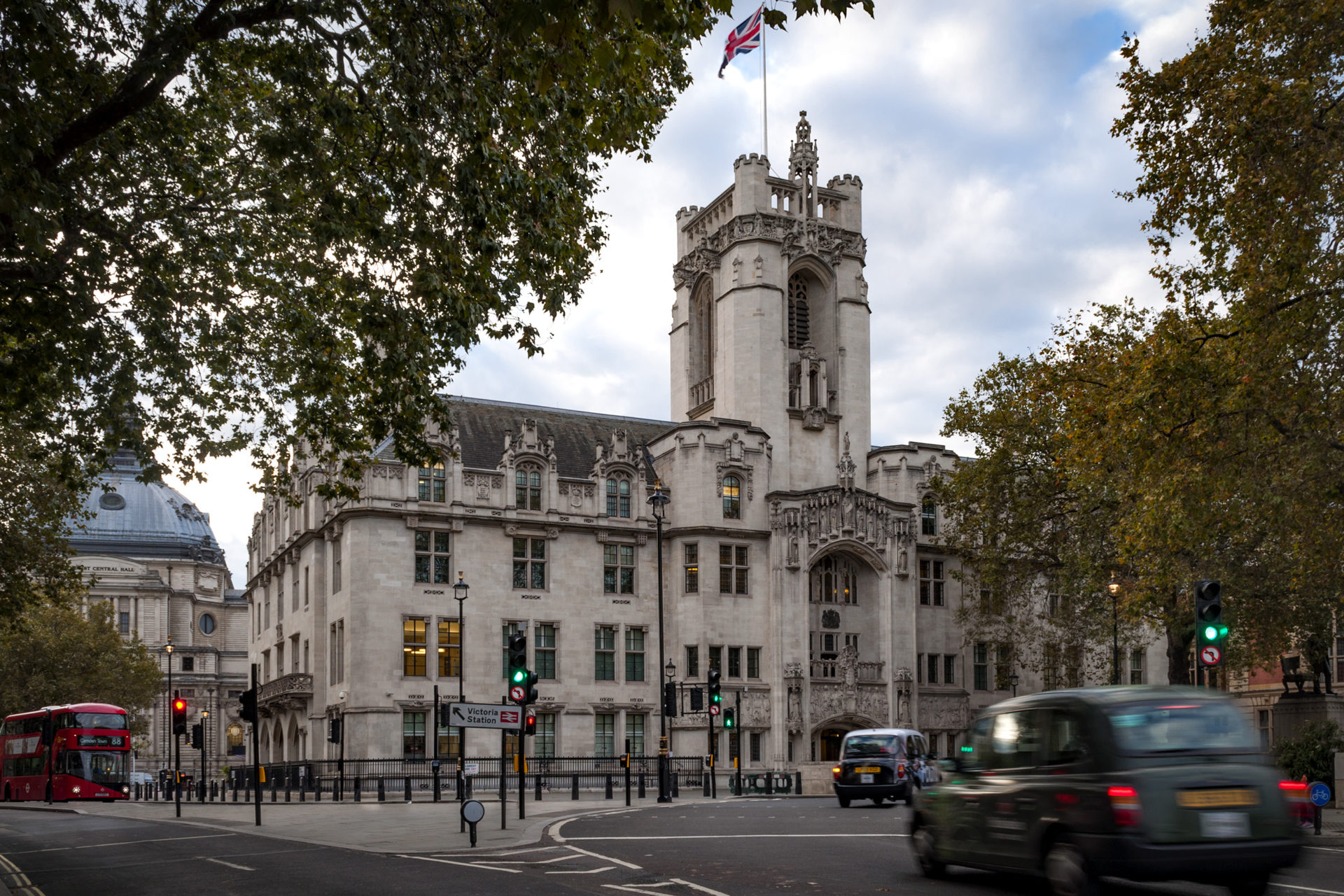Thanks to Dr Duval’s tenacity, the leasehold sector is in a new quandary. What are the implications of the case? What are the unintended consequences? How will lawyers and valuers couch their advice? Will they even dare to offer any? How do you know if you have a “Duval lease”?
Let’s consider the issue as if it was of a medical kind:
What are the symptoms?
A covenant of absolute prohibition to alter combined with a Landlord’s covenant to enforce the covenants in the lease.
What is the diagnosis?
A Duval lease may stand out in an instant whilst in other leases it may be complicated to find and not fully understood at first reading.
Is there a simple and effective treatment?
Yes, if there is unanimity from all the leaseholders to waive, amend or remove the absolute prohibition. However, the treatment may be exceedingly difficult to administer – if not impossible – as insisting on unanimity gives a minority group the possibility to filibuster the process. It’s all too common that if someone knows that the group cannot move forward without their consent, they may harden their position to get their way.
What are the implications if Duval is ignored?
The legal advice I have seen so far has concluded – “you will need to consider whether you want to take the risk”.
The right that a Property Owner can license building works in various forms is the long standing and understood assumption that has given relief and profit to both Landlord and Lessees alike. It has oiled the system for years (as it were). How will – or can – residential leasehold adapt in a post-Duval world?
Is the problem as great as feared?
Have flat owner’s plans to improve their home have been scuppered?
Has the value of Freeholder’s reversions been reduced as required alterations can no longer be licenced? How can we quantify the losses?
Where do you draw the line on the impact this decision could bring to the leasehold world?
In the past few weeks, we have had the need to ask instructing solicitor to confirm whether the principle of Duval applies.
As a surveyor with an Estate Management background the decision feels obtuse. Till now, everyone, including Dr Duval and the esteemed judges of the Supreme Court, knew where they stood when buying, selling, granting, or advising on a lease with Duval type covenants. In my world it meant there was an absolute understanding that a Property Owner could choose to licence alterations. I am not sure if freeholders and their leaseholders now have a clue.




